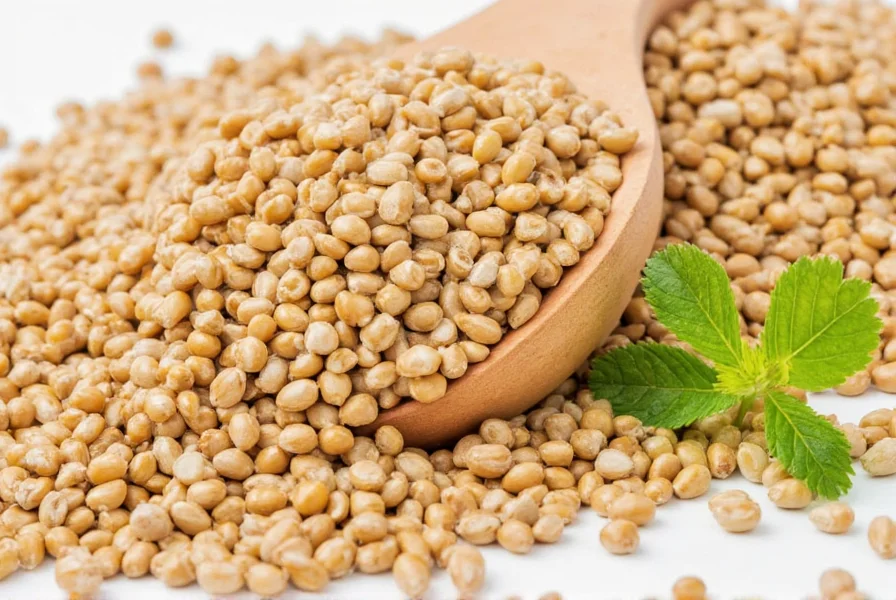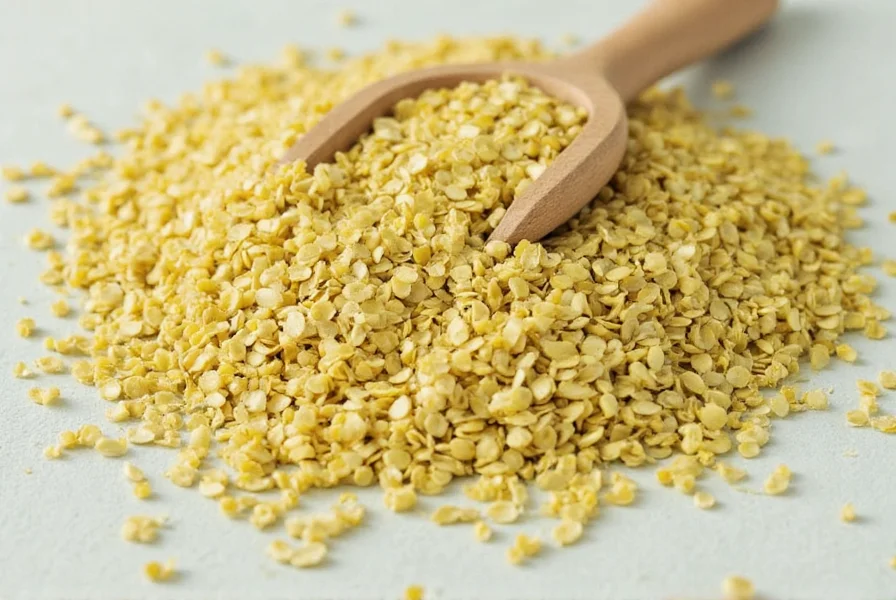Fenugreek (Trigonella foenum-graecum) has been used for centuries in traditional medicine and culinary applications. As interest in this herbal remedy grows, many people are researching potential fenugreek side effects liver implications. Understanding the relationship between fenugreek consumption and liver health requires examining both potential risks and benefits based on current scientific evidence.
Scientific Evidence on Fenugreek and Liver Function
Research presents a complex picture of fenugreek's effects on liver health. Multiple animal studies published in journals like Pharmaceutical Biology and Journal of Ethnopharmacology demonstrate fenugreek's hepatoprotective properties. These studies show that fenugreek seed extract can reduce liver enzyme levels and protect against toxin-induced liver damage through its antioxidant compounds.
However, human evidence tells a more nuanced story. A 2021 review in Complementary Therapies in Medicine analyzed 15 clinical trials and found that while most participants showed no adverse liver effects from fenugreek supplementation, a small subset experienced elevated liver enzymes. The review concluded that fenugreek supplement liver damage appears rare but possible, particularly at doses exceeding 1,000 mg daily for extended periods.

Documented Cases of Liver-Related Issues
Medical case reports provide valuable insights into potential risks. A notable case published in BMJ Case Reports described a 45-year-old woman who developed acute hepatitis after consuming fenugreek tea daily for three months. Her liver enzyme levels returned to normal within six weeks of discontinuing fenugreek, suggesting a possible causal relationship.
Another case study in Hepatology International documented similar findings in a patient using fenugreek supplements for diabetes management. These isolated incidents indicate that while fenugreek hepatotoxicity cases are uncommon, they do occur, particularly in susceptible individuals.
Understanding Risk Factors for Liver Concerns
Certain factors may increase susceptibility to potential liver issues from fenugreek:
| Risk Factor | Potential Impact | Recommendation |
|---|---|---|
| Pre-existing liver conditions | May exacerbate existing issues | Avoid supplementation without medical supervision |
| High-dose supplementation | Increased risk of enzyme elevation | Stay below 1,000 mg daily unless directed by physician |
| Long-term continuous use | Potential cumulative effects | Consider cycling usage with breaks |
| Concurrent medication use | Possible drug interactions | Consult doctor about potential interactions |
Recognizing Potential Liver Problems
Individuals using fenugreek supplements should monitor for symptoms that might indicate signs of liver problems from fenugreek. These include:
- Unexplained fatigue or weakness
- Yellowing of skin or eyes (jaundice)
- Dark urine or pale stools
- Persistent nausea or loss of appetite
- Abdominal pain, particularly in the upper right quadrant
- Unexplained itching
If you experience these symptoms while taking fenugreek, discontinue use immediately and consult a healthcare provider. Request liver function tests to assess your fenugreek and liver function tests status.
Safe Usage Guidelines for Liver Health
To minimize potential risks while potentially benefiting from fenugreek's properties, consider these evidence-based recommendations:
- Start with low doses (500 mg daily) and monitor your body's response
- Limit continuous supplementation to 8-12 weeks before taking a break
- Choose standardized extracts from reputable manufacturers
- Avoid combining with other supplements known to affect liver function
- Get baseline liver function tests before starting long-term supplementation
- Monitor liver enzymes periodically if using fenugreek for extended periods

When to Consult a Healthcare Provider
Certain individuals should exercise particular caution regarding fenugreek side effects liver concerns:
- Those with diagnosed liver conditions like hepatitis, cirrhosis, or fatty liver disease
- Individuals taking medications metabolized by the liver (including many prescription drugs)
- People scheduled for surgery within the next two weeks
- Those experiencing unexplained digestive issues
- Pregnant or breastfeeding women
Your healthcare provider can help determine whether fenugreek is appropriate for your specific health situation and monitor for any potential does fenugreek affect liver enzymes changes through appropriate testing.
Conclusion: Balancing Benefits and Risks
The relationship between fenugreek and liver health appears generally positive for most people when used appropriately. Current evidence suggests that typical culinary use of fenugreek poses minimal risk to liver function, while moderate supplementation may offer protective benefits for many users. However, rare cases of adverse reactions indicate that certain individuals may experience fenugreek supplement liver damage.
As with any supplement, informed decision-making based on individual health status and professional medical guidance remains essential. Monitoring your body's response and seeking professional advice when concerns arise represents the safest approach to incorporating fenugreek into your health regimen.
Frequently Asked Questions
Can fenugreek cause liver damage in healthy individuals?
Current evidence suggests fenugreek is unlikely to cause liver damage in healthy individuals when consumed in typical dietary amounts or moderate supplement doses (up to 1,000 mg daily). Most research indicates potential liver-protective effects due to fenugreek's antioxidant properties. However, rare case reports document liver issues even in healthy individuals using high doses over extended periods.
How quickly can fenugreek affect liver function?
Documented cases of fenugreek-related liver issues typically developed after several weeks to months of continuous use. Most reported cases involved daily consumption for 2-3 months before symptoms appeared. However, individual responses vary significantly based on dosage, pre-existing conditions, and genetic factors affecting liver metabolism.
Should I get liver tests before taking fenugreek supplements?
While not mandatory for everyone, getting baseline liver function tests is advisable if you plan to take fenugreek supplements long-term (more than 8 weeks) or have risk factors like pre-existing liver conditions, alcohol consumption, or medication use. This provides reference values to monitor potential changes in your fenugreek and liver function tests during supplementation.
Can fenugreek tea affect liver health differently than supplements?
Yes, fenugreek tea typically contains lower concentrations of active compounds compared to standardized supplements, making significant liver effects less likely. A typical cup of fenugreek tea contains approximately 200-300 mg of fenugreek compounds, well below the doses associated with potential fenugreek hepatotoxicity cases in medical literature. Culinary use in cooking poses even lower risk.
What's the safe daily dosage of fenugreek for liver health?
Research suggests that doses up to 1,000 mg daily appear safe for most people regarding liver health. Many studies showing potential liver benefits used doses between 500-1,000 mg daily. Higher doses (2,000 mg or more) taken continuously for extended periods may increase the risk of signs of liver problems from fenugreek, particularly in susceptible individuals.











 浙公网安备
33010002000092号
浙公网安备
33010002000092号 浙B2-20120091-4
浙B2-20120091-4